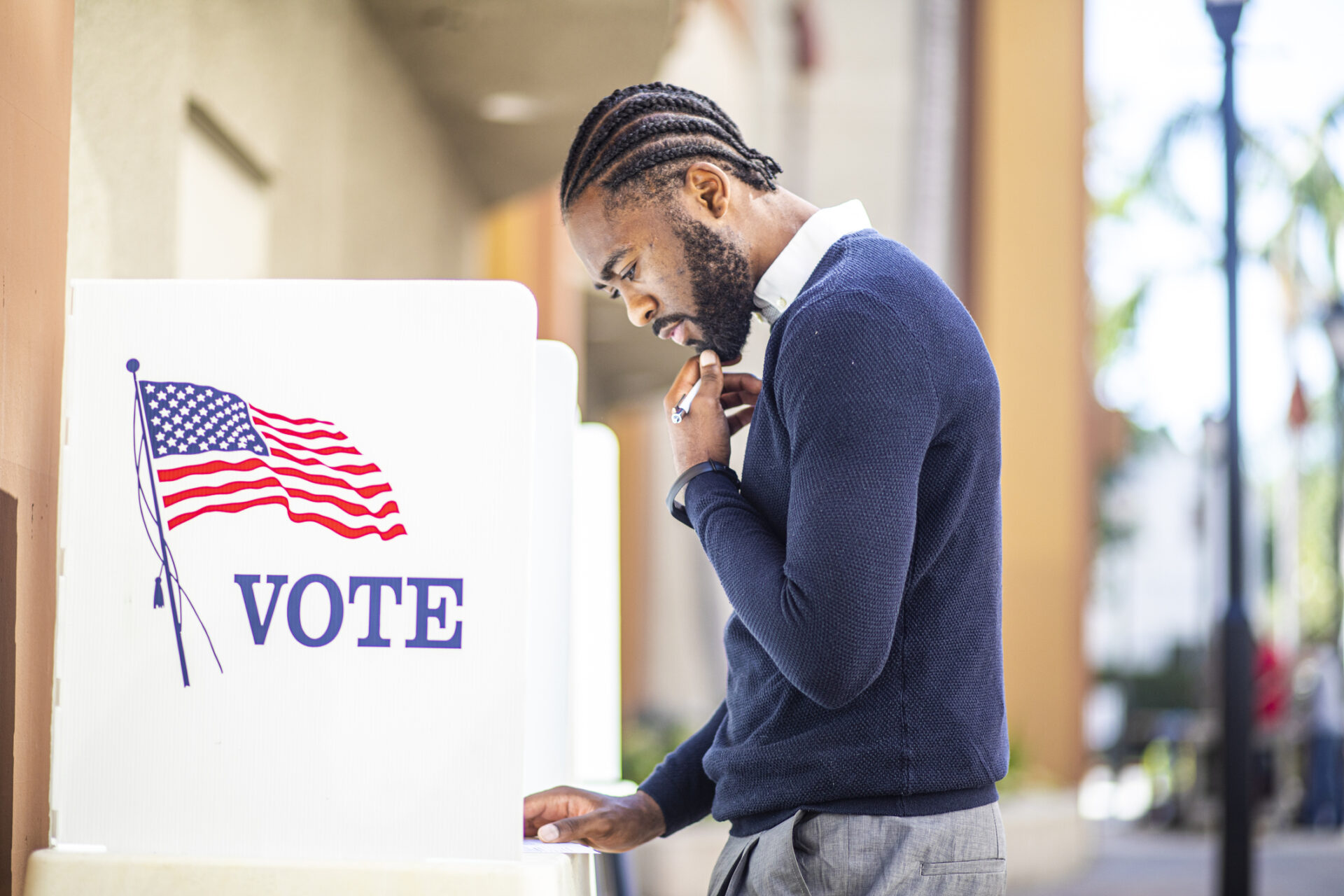
August 3, 2025
The high court’s review of Louisiana’s redistricting case could dismantle decades of hard-won gains under the Voting Rights Act.
After the Supreme Court signaled on Oct. 1 that it would seek to probe whether or not states violate the Constitution when they attempt to remedy violations of the Voting Rights Act by adding an additional majority-minority district in order to make sure that Black voters and voters of color have an equal chance to elect the candidate of their choice, election law experts began to sound the alarm regarding what the Supreme Court could do to bring about the end of the Voting Rights Act.
As one expert in the area, Rick Hasen, of the UCLA School of Law, wrote in his blog, he believes that the Supreme Court is taking “a big, and dangerous, step toward knocking down” a key component of the Voting Rights Act of 1965.
According to CNN, the case, which will test whether or not the State of Louisiana’s “intentional creation of a second majority-minority congressional district violates the Fourteenth or Fifteenth Amendments to the U. S. Constitution,” is regarded as one of the most important appeals the court will issue rulings on over the back half of the judiciary calendar.
The case has been decided differently by two different federal courts, one said that the state violated the Constitution by drawing only one majority-Black district out of the six that currently comprise the state, and when it tried to remedy that problem by drawing another majority-Black district, another federal court said that it violated the Constitution by relying too much on race to meet that court’s demands, which seems to directly contradict language in Section 2 of the VRA.
The Voting Rights Act of 1965 is by itself responsible for granting Black Americans widespread access to the ballot box after being functionally disenfranchised for the better part of a century by racist poll literacy tests, grandfather clauses, and poll taxes.
Justice Thomas has made no secret of his disdain for the Voting Rights Act, and the other two conservative justices named above, as well as Justice Amy Coney Barrett, have at various points argued for a so-called “race-neutral” approach to redistricting.
Indeed, as Jamaal Lockings, a Dorot Fellow at the Alliance for Justice, argued in his analysis, the gains that Black voters had made before the Supreme Court hobbled the VRA in 2013 were erased by 2020, when Southern states, those states with a history of disenfranchising Black voters, saw white turnout numbers more than 15% higher than Black turnout numbers.
RELATED CONTENT: Judges Trash Louisiana Congressional Map With Second-Majority Black District


